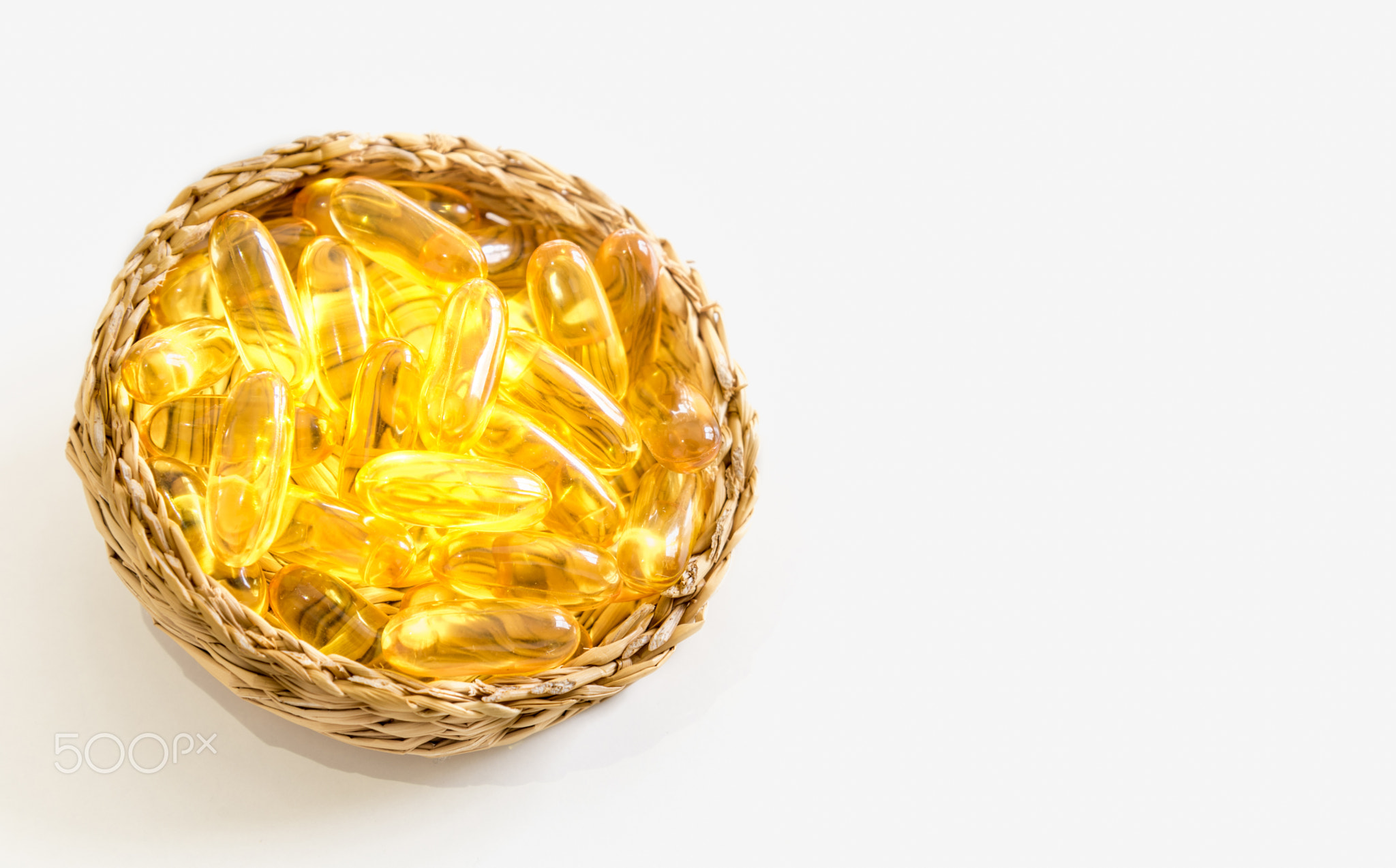ADHD relaxation methods; https://demo.socialengine.com/, has long been treated with stimulant medications such as amphetamines. While these drugs can improve attention and decrease impulsivity, they are not a one-size-fits-all solution. Many patients experience side effects, and others may not respond adequately to medication. New approaches are being studied to boost focus and productivity in ADHD patients.
Mindfulness and meditation practices have also gained traction as effective tools for improving focus. Techniques such as deep breathing, visualization, and guided meditation can help individuals with ADHD cultivate an awareness of their thoughts and feelings, ultimately allowing them to regain control over their focus. A study conducted at Harvard University found that participants who practiced mindfulness showed significant improvements in attention and cognitive flexibility.
Social support plays a vital role in managing ADHD. Sharing experiences and coping strategies with friends, family, or support groups can provide emotional comfort and practical advice. Connecting with others who understand the challenges of ADHD can foster a sense of community and reduce feelings of isolation. For those seeking professional guidance, therapy or counseling can offer tailored strategies and coping mechanisms.
Holistic Approaches to ADHD Management
Increased ADHD awareness highlights the value of holistic treatment strategies. A comprehensive ADHD strategy integrates medication, mindfulness, and lifestyle adjustments.
ADHD is characterized by persistent patterns of inattention, hyperactivity, and impulsivity that can hinder daily functioning and quality of life. Individuals with ADHD often struggle with maintaining attention in tasks, managing time effectively, and regulating their emotions. As awareness of ADHD has grown, so too has the exploration of holistic approaches to treatment. Mindfulness, the practice of being present and fully engaged in the moment, has garnered attention for its potential benefits in alleviating ADHD symptoms.
Technology is becoming a key tool in ADHD management. Apps and digital solutions help ADHD users with time and task organization. For ADHD users, digital tools offer modern solutions to planning and staying organized.

Dietary Interventions for ADHD
Dietary interventions have also been explored as a means to enhance focus in individuals with ADHD. Omega-3s and antioxidant-rich diets support ADHD cognitive function. Diet and physical activity together promote ADHD focus and overall health.
One of the most effective mindfulness techniques for managing ADHD is focused breathing. This simple yet powerful practice involves taking deep, intentional breaths while concentrating on the sensation of air entering and leaving the body. By directing attention to the breath, individuals can anchor themselves in the present moment, reducing racing thoughts and promoting relaxation. For many, dedicating just a few minutes daily to focused breathing can yield significant improvements in concentration and emotional stability.
Physical activity is another crucial factor in managing ADHD symptoms. Research indicates that regular exercise can have a positive effect on mood, attention, and cognitive function. Schools and workplaces are beginning to recognize the benefits of integrating movement into daily routines. Programs that incorporate short physical activity breaks during lessons or work hours can lead to increased focus and overall productivity. Experts recommend that individuals with ADHD engage in at least 30 minutes of moderate physical activity most days of the week.
Another important strategy is the use of visual aids. Charts, checklists, and color-coded systems can serve as powerful tools to enhance focus and organization. For example, maintaining a visible checklist for daily tasks can provide a clear outline of what needs to be accomplished, making it easier to stay on track. Similarly, using different colors for various subjects or responsibilities can help individuals quickly identify priorities and deadlines.
ADHD impacts countless individuals, presenting challenges like impulsiveness, hyperactivity, and focus difficulties. ADHD symptoms affect various aspects of life, from academic success to workplace efficiency and relationships. While medication can be effective, it is not the only solution. ADHD treatments increasingly include mindfulness practices emphasizing present-moment focus.


















